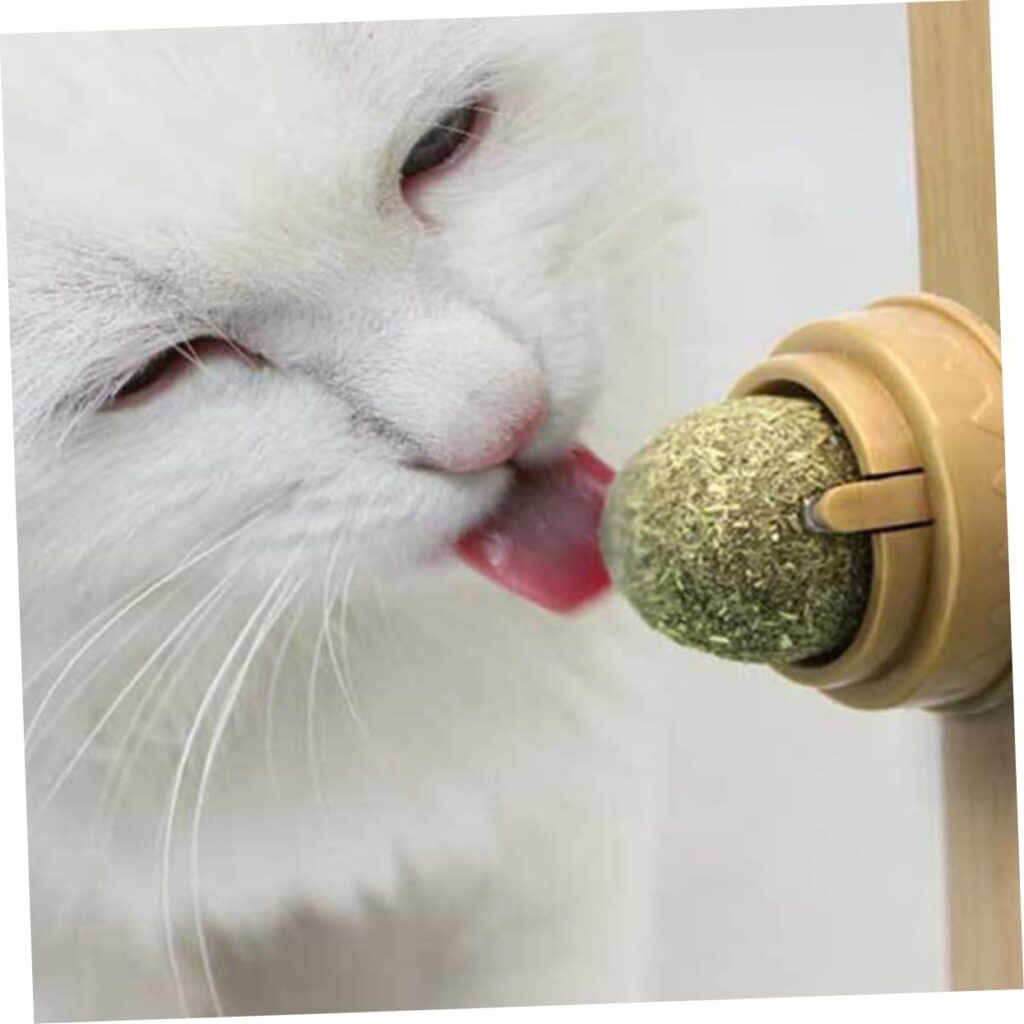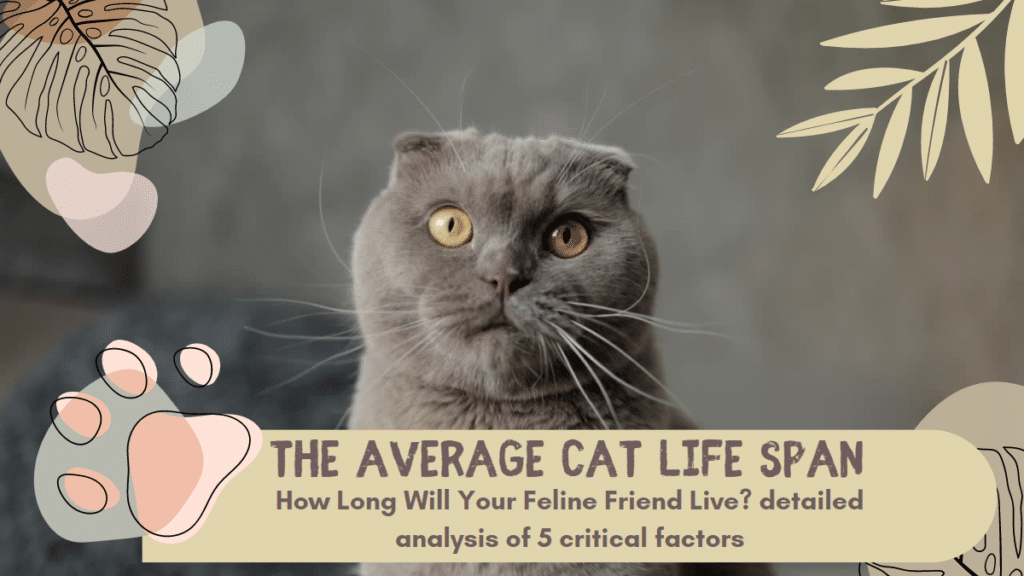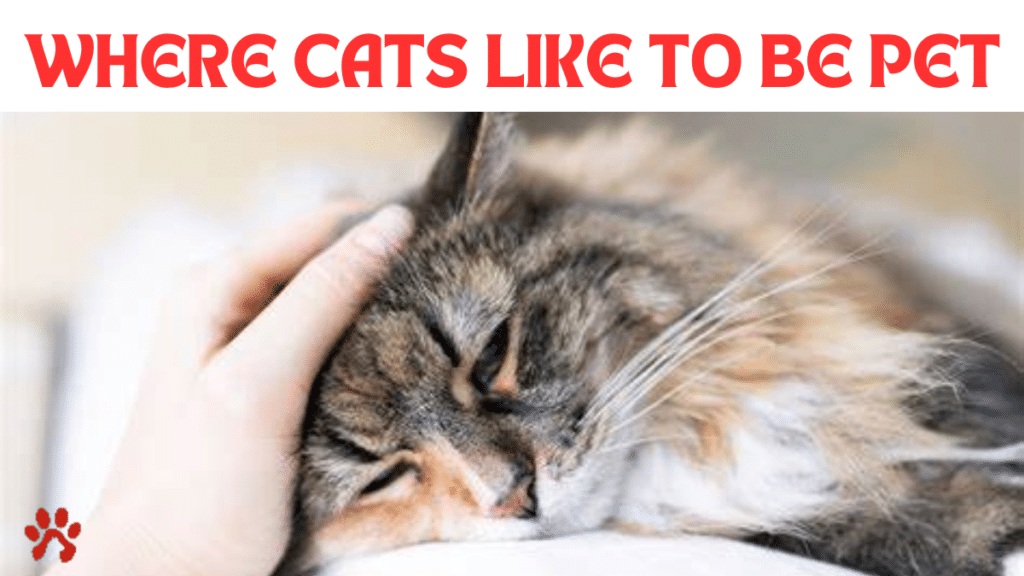Cats, those enigmatic creatures that have captivated human hearts for centuries, often express their emotions in peculiar ways. One behavior that leaves many cat owners puzzled is the act of licking. “Why does my cat lick me?” you may wonder, as you feel that raspy tongue against your skin. In this article, we’ll unravel the mysteries behind this feline behavior and explore the deeper meanings it holds.
Why Does my Cat Lick me
Significance of Cat Behavior
Understanding the intricacies of your cat’s behavior is key to fostering a strong and harmonious bond. Cats communicate through a variety of actions, and licking is one such form of expression.
The Bond Between Cats and Humans
The unique connection between cats and their human companions goes beyond words. Cat owners often find themselves intrigued by the ways their feline friends interact with them, and licking is a common element in this dynamic.
Understanding Feline Communication
Licking as a Form of Communication
Cats communicate not only through vocalizations but also through body language. Licking is a versatile form of communication that conveys various messages, ranging from affection to identification.
Interpretation of Cat Licking
Deciphering the meaning behind cat licking involves understanding the context and the nuances of the behavior. It’s a language that speaks volumes once you learn how to interpret it.
Instinctual Behavior
Grooming Instinct in Cats
Cats are notorious for their cleanliness, and grooming is a deeply ingrained instinct. The act of licking serves not only to remove dirt but also to establish a sense of well-being.
Social Bonding Through Grooming
In the feline world, grooming is not just about hygiene; it’s a social activity. When your cat licks you, it’s a gesture that extends beyond cleanliness, signaling a desire for social connection.
Affection and Trust
Cat Licking as an Expression of Affection
One of the primary reasons your cat may lick you is to express affection. This intimate behavior is a demonstration of love and trust, as your cat sees you as part of its social group.
Building Trust Through Cat Licking
Building trust is a gradual process, and cat licking plays a significant role in strengthening the bond between you and your feline companion. Understanding this behavior enhances the quality of your relationship.
Mutual Identification
Transfer of Scent Through Licking
Cats have a keen sense of smell, and licking serves as a means of transferring their scent onto you. This is a form of mutual identification, creating a shared olfactory environment.
Reinforcement of the Human-Cat Relationship
As your cat leaves its scent on you, it marks you as a part of its territory. This not only reinforces the bond but also helps your cat feel secure in your presence.

Health Considerations
Monitoring Cat Health Through Licking
While licking is primarily a social and grooming behavior, it can also be a way for cats to monitor their health. Paying attention to changes in licking habits can offer insights into your cat’s well-being.
Addressing Abnormal Licking Behavior
Excessive licking or changes in licking patterns may indicate underlying health issues or stress. Being vigilant and seeking veterinary advice can prevent potential health problems.
Common Misconceptions
Misinterpreting Cat Licking
Misconceptions about cat behavior often lead to misunderstandings. By demystifying cat licking, we can dispel common myths and foster a deeper connection with our feline friends.
Dispelling Myths Surrounding Cat Behavior
From misconceptions about “dominance” to the belief that cats lick solely for grooming, debunking myths helps cat owners make informed decisions and appreciate their pets more fully.
Responding to Cat Licking
Appropriate Responses to Cat Licking
Responding appropriately to your cat’s licking involves understanding and reciprocating the affection. This positive interaction strengthens the bond and creates a positive feedback loop.
When to Be Cautious
While cat licking is generally a positive behavior, there are instances when caution is warranted. Recognizing when your cat may be stressed or uncomfortable is crucial for maintaining a healthy relationship.
Training and Redirecting Behavior
Positive Reinforcement Techniques
Training your cat to exhibit desirable behaviors can be achieved through positive reinforcement. Rewarding your cat for appropriate licking behavior encourages positive habits.
Discouraging Unwanted Licking Habits
On the flip side, if your cat’s licking becomes excessive or bothersome, employing techniques to discourage unwanted habits can help maintain a harmonious living environment.
Cat-Specific Preferences
Individual Variations in Licking Behavior
Every cat is unique, and their preferences in terms of affection vary. Understanding and respecting your cat’s individuality is key to fostering a strong and positive relationship.
Catering to Your Cat’s Preferences
By observing and adapting to your cat’s preferred modes of affection, you can create an environment that aligns with their comfort, strengthening the bond between you and your feline friend.
Signs of Stress or Discomfort
Identifying Stress in Cats
Cats may resort to excessive licking when stressed. Identifying signs of stress and addressing the underlying causes can help maintain a healthy and content cat.
Addressing Stress-Related Licking
Creating a stress-free environment, providing enrichment, and seeking professional advice if needed are essential steps in addressing stress-related licking behavior.
Playful Licking vs. Serious Signals
Distinguishing Between Playfulness and Warning Signs
Understanding the context of your cat’s licking is crucial. Distinguishing between playful licks and warning signs helps you respond appropriately to your cat’s emotional state.
Understanding Non-Verbal Cues
Cats communicate through a combination of vocalizations and body language. Learning to interpret these non-verbal cues enhances your ability to respond effectively to your cat’s needs.
Benefits of Cat Licking
Positive Impact on Cat Welfare
Beyond the emotional bond, cat licking contributes to overall cat welfare. It promotes cleanliness, reduces stress, and provides comfort to your feline companion.
Emotional and Psychological Benefits for Humans
The reciprocal nature of cat licking not only benefits the cat but also offers emotional and psychological benefits for humans. The act of bonding with a pet has been shown to reduce stress and elevate mood.
Cat Licking and Other Cat Behaviors
Exploring the Connection Between Licking and Other Actions
To fully comprehend cat behavior, it’s essential to explore the connections between licking and other feline actions. This holistic approach provides a comprehensive understanding of your cat’s world.
Comprehensive Understanding of Feline Behavior
By delving into the intricacies of cat licking and its connections to other behaviors, you gain a more profound insight into feline behavior. This knowledge empowers you to be a more attentive and caring cat owner.
Conclusion
In conclusion, the question “Why does my cat lick me?” unveils a rich tapestry of communication, affection, and trust. Cat licking is a multi-faceted behavior that enhances the bond between you and your feline companion. By understanding the various aspects of this behavior, you can foster a deeper connection and ensure the well-being of your beloved cat.
FAQs
- Q: Is it normal for my cat to lick me constantly? A: While occasional licking is normal, constant licking may indicate stress or an underlying health issue. Monitor your cat’s behavior and consult with a veterinarian if needed.
- Q: Can I train my cat to stop licking me if it becomes bothersome? A: Yes, positive reinforcement techniques can be used to encourage desirable behavior and discourage unwanted habits.
- Q: Should I be concerned if my cat suddenly stops licking me? A: Sudden changes in behavior, including a decrease in licking, may signal health issues. Consult with a veterinarian to rule out any underlying problems.
- Q: Are there specific areas my cat prefers to lick? A: Cats may have preferences for certain areas, often focusing on hands, hair, or face. Understanding your cat’s preferences enhances the bonding experience.
- Q: How can I differentiate between affectionate licking and stress-related licking? A: Pay attention to the context and accompanying body language. Affectionate licking is usually accompanied by relaxed body language, while stress-related licking may be more frantic or obsessive.

